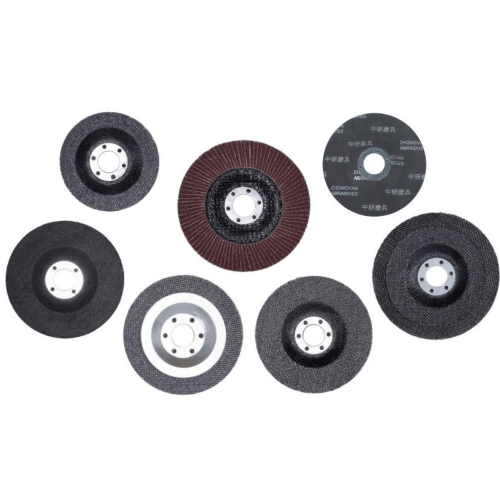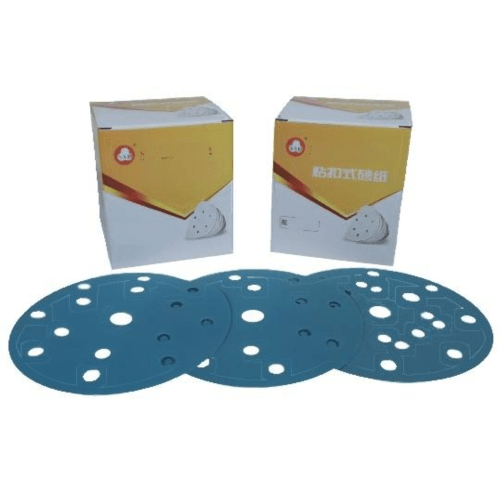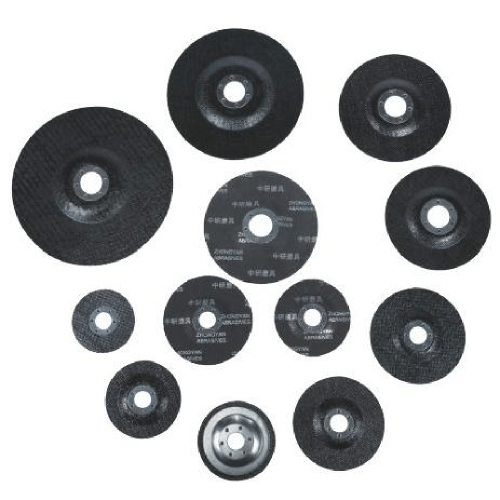wheel research and development
Wheel research and development represents a cornerstone of modern transportation and industrial innovation, encompassing sophisticated engineering processes and cutting-edge materials science. This field focuses on developing wheels that meet increasingly demanding performance requirements across various applications, from automotive and aerospace to industrial machinery. Modern wheel R&D integrates advanced computational modeling, materials testing, and structural analysis to create products that optimize safety, durability, and efficiency. Researchers employ state-of-the-art facilities equipped with precision testing equipment to evaluate factors such as load-bearing capacity, wear resistance, and aerodynamic properties. The development process incorporates innovative materials like carbon fiber composites and advanced alloys, enabling the creation of lighter yet stronger wheels. Environmental considerations play a crucial role, with emphasis on sustainable manufacturing processes and recyclable materials. The research extends to specialized applications, including high-performance sports vehicles, heavy-duty industrial equipment, and emerging electric vehicle platforms. This comprehensive approach ensures that modern wheels meet stringent safety standards while delivering enhanced performance characteristics such as improved fuel efficiency, reduced noise levels, and optimized handling dynamics.


